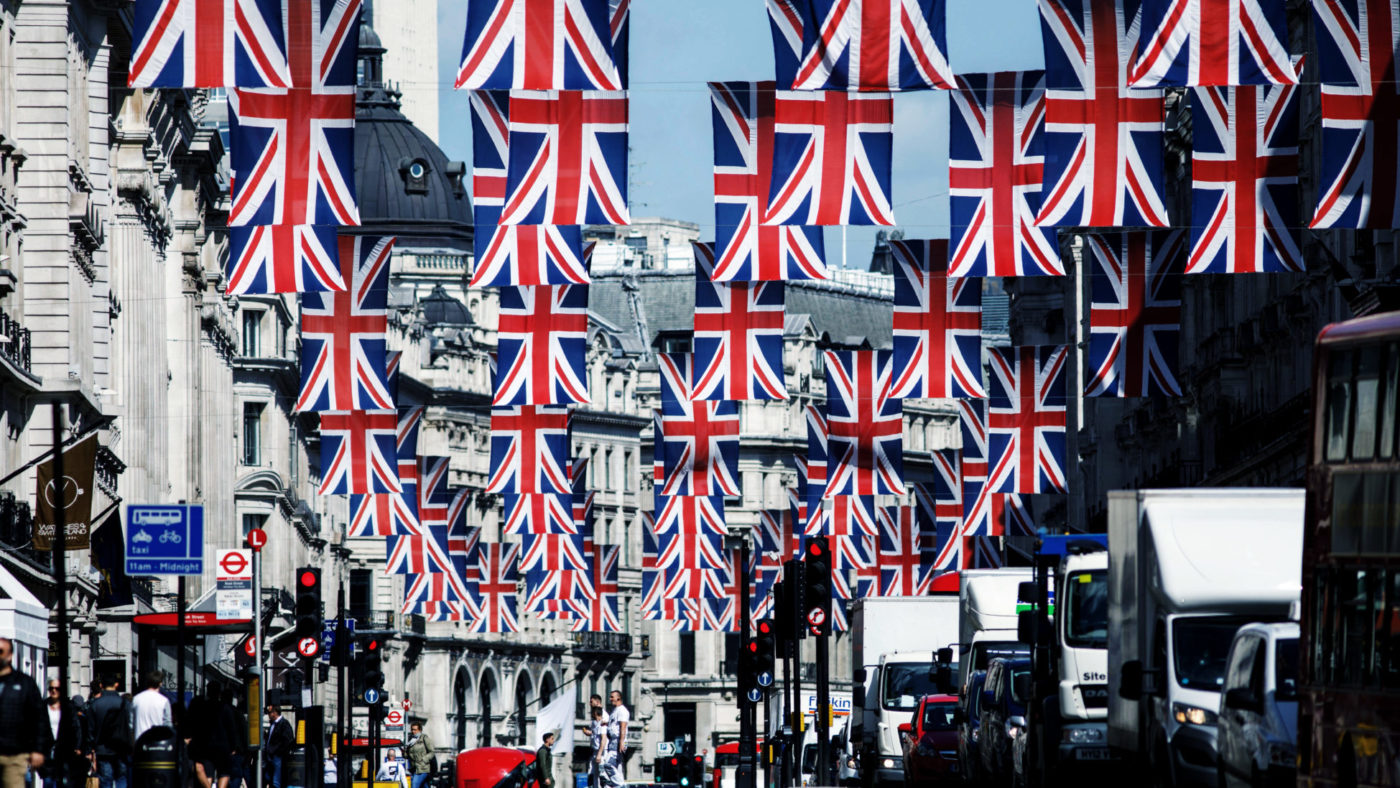“There is a tide in the affairs of men, which taken at the flood, leads on to fortune. Omitted, all the voyage of their life is bound in shallows and in miseries. On such a full sea are we now afloat. And we must take the current when it serves or lose our ventures.” (Shakespeare, Julius Caesar, 4.3).
Although one might not know it from reading the British press, there is a favourable tide of affairs in Great Britain. The vote to leave the European Union has provided us with the opportunity to provide thought leadership for the world as we have done in the past.
For example, when we reformed Parliament in 1832, ushering in an era of participatory democracy; when we abolished the Corn Laws in 1846 and promoted free trade; and when we reduced regulations in the 1980s and demonstrated to the world how free markets and merit-based competition lead to economic rejuvenation.
The current debate between the soft Brexit proponents and those in favour of a hard Brexit seems to ignore the fact that this is a once-in-a-lifetime opportunity for Britain to show to the world an alternate path to global prosperity through competitive markets, free trade, individual liberty, and democracy.
The Brexit vote came about for a myriad of reasons, some more valid than others. Irrespective of what the immediate motivations were for those who chose to vote Leave, nobody in Britain can deny that the vote was a culmination of a festering feeling of loss of sovereignty and national autonomy and a sense of being asked to submit to stultifying central control.
As Margaret Thatcher memorably put it in her Bruges speech thirty years ago, “The Treaty of Rome itself was intended as a charter for economic liberty. But that is not how it has always been read, still less applied.” It was because of this feeling of being yoked to a political project that has regularly sought to expand its brief that Britain has fought for several opt-outs – be it Schengen or the euro. At its core, the Brexit vote was about regaining national sovereignty and autonomy.
The British government, therefore, needs to recognise that ever since the UK joined the customs union, it has been at loggerheads with the EU in four major areas – market regulations, trade, legal autonomy and democratic governance – and that Britain’s own interests have often been forced to give way to European diktats. If the government fails to make headway in regaining control of those areas, it would be a denial of the democratic preferences expressed at the referendum.
Long derided as a nation of shopkeepers, Britain has always been a country that sought a light touch when it came to regulating industry and commerce. Historically, it has encouraged more innovation and greater risk taking, but as a member of the EU, it has had to accept ever higher levels of red tape. In banking, for example, British financial services firms would have preferred less onerous capital requirements than what those imposed by the EU’s Capital Requirements Directive IV.
The story is the same in every industry. The EU’s preferred approach is harmonisation of standards. In other words, it is one-size-fits-all regulations. The UK prefers mutual recognition, an easier way promoting experimentation and innovation. Brexit should secure Britain’s right to have its own regulatory approach allowing the country to reduce market distortions and promote merit-based competition in every industry.
As the home of Adam Smith and David Ricardo, Britain was an early and ardent champion of free trade. Again, being a member of the European Customs Union has meant, however, that Britain has had to agree to regulated trade, subsidies to industries like agriculture, and discriminatory tariffs against non-European exporters – be it New Zealand lamb or bananas from the Caribbean.
Brexit gives Britain the opportunity to regain control over its trade policy and the freedom to negotiate free trade agreements with any country or group.
Finally, having control over regulations and trade will allow Britain to address anti-competitive market distortions and seek their elimination to create a truly competitive market. This, in turn, would provide the incentives for a new generation of entrepreneurs in burgeoning industries, from artificial intelligence to robotics. Such a move has the potential to usher in a new era of prosperity.
As many times before in its long and illustrious history, Britain is once again faced with an opportunity to boldly chart its own path in the world. Prime Ministers like Lord Grey, Robert Peel, and Margaret Thatcher seized the moment to put Britain on the path of participatory democracy, free trade, and a market-oriented economy. The question that Britain faces now is this: Will the current leadership seize the day and lead the country to the next level of prosperity?


